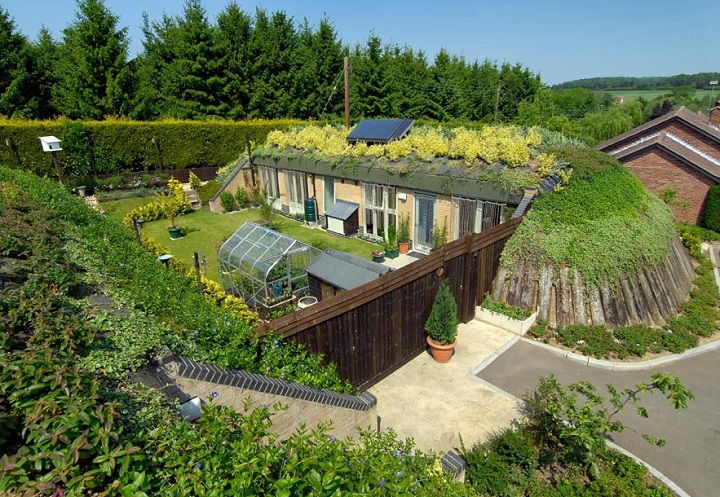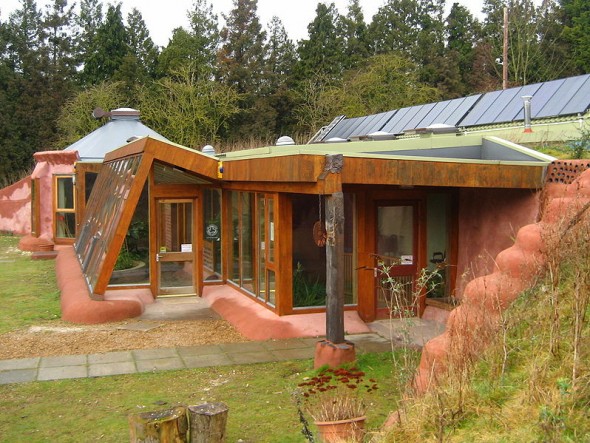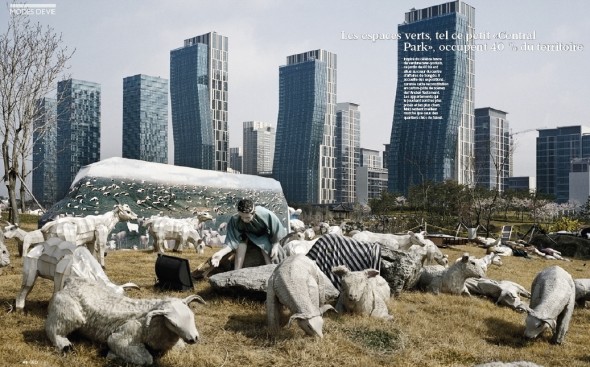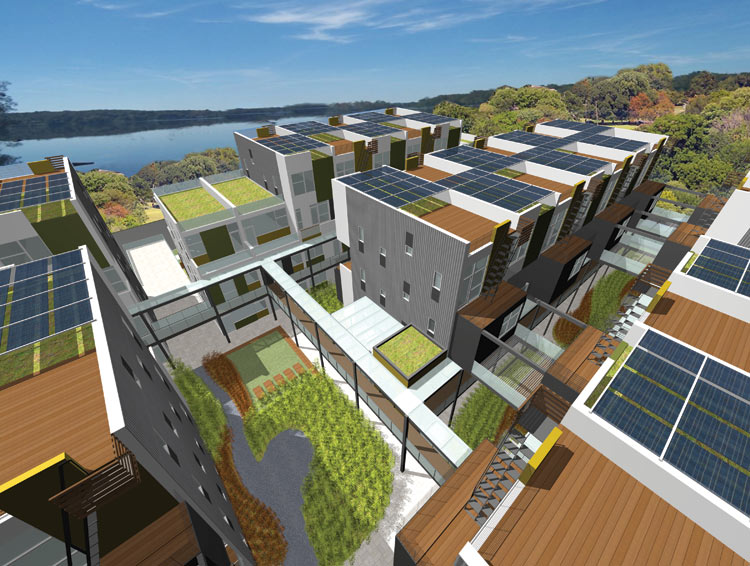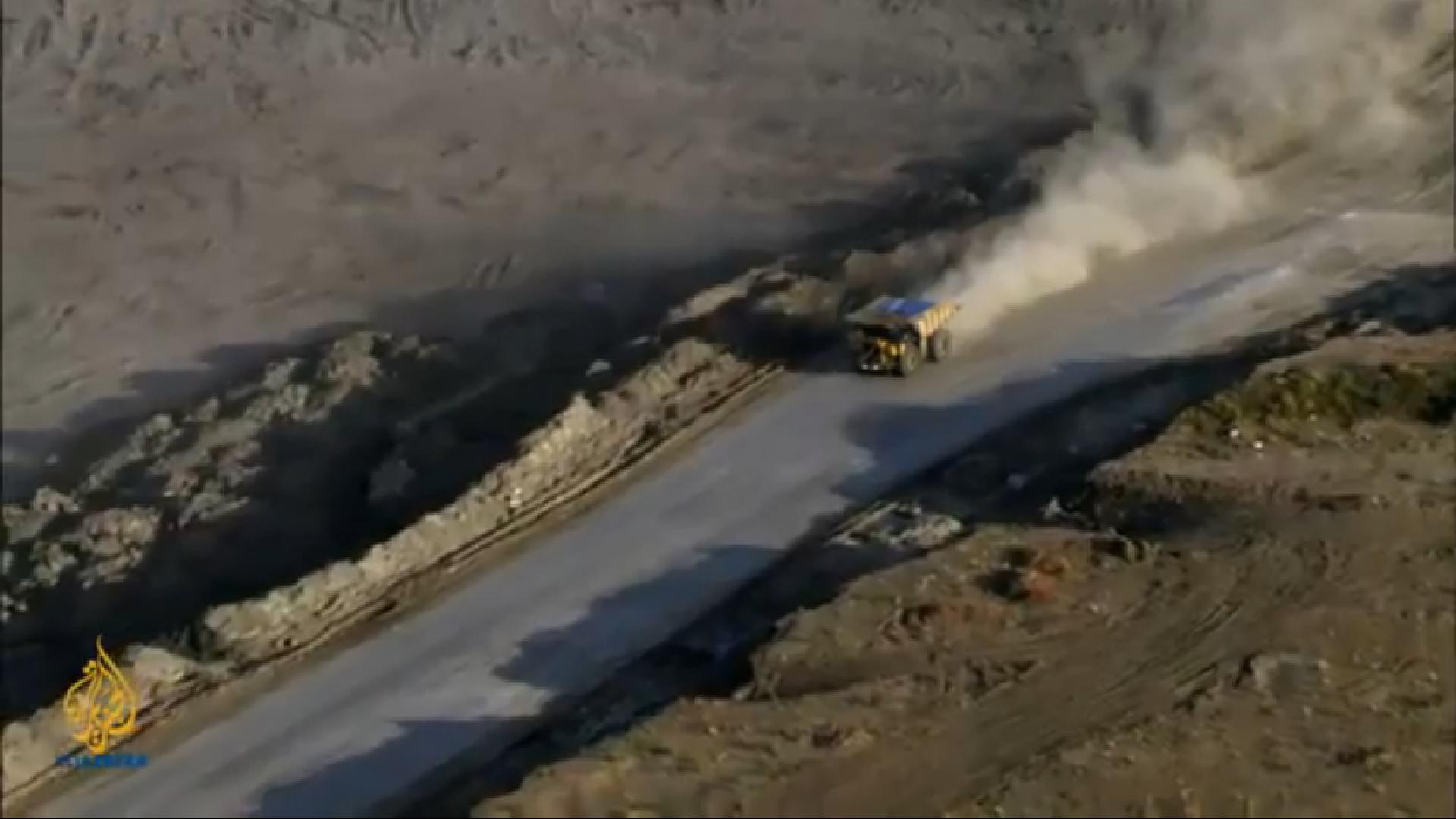Earth Sheltered, energy-efficient houses are bright, airy, dry and quiet. Though popular now among advocates of passive solar and sustainable architecture, Earth Sheltering has been around for nearly as long as humans have constructed their homes.
Tag: energy efficiency
Morey Wolfson: Addressing Climate Change in a World of Denialism
Taking action on the proven science of climate change requires overcoming obfuscation from the fossil fuel polluters lobby in order to implement a policy of increased efficiency and conservation, coupled with a clean, renewable energy plan. A CO2 fee and dividend system could help level the relative cost of renewables, creating the political will to kick the fossil fuel habit.
Earthship Biotecture: Self-Sufficient, Off-the-Grid Communities
Passive solar Earthships provide electricity, potable water, sustainable food production, with contained sewage treatment, and can be built anywhere in the world. Renegade eco-architect Michael Reynolds’ construction and design process called Earthship Biotecture creates beyond LEED Architecture, a sustainable green building design made of natural and recycled materials.
How to Build a Greener City – By Michael Totty
We must re-create cities greener and more sustainable from the ground up. The goal: compact living environments requiring less resources that maximize utilization of land, water and energy. Here are some suggestions.
Philadelphia Green Building: Net-Zero Mixed-Use River Redevelopment
A pioneering green developer in Philadelphia plans the largest “Passive House” mixed-use energy-net-zero redevelopment along the banks of the Schuylkill River.
Keystone XL Dirty Oil Sands Pipeline: Obama’s Drop Dead Decision? By Jack Eidt
The Obama Administration will continue to face the decision whether a leak-prone dirty tar sands oil pipeline, associated with destruction of ecosystems and indigenous communities as well as global climate destabilization, is in the US national interest.
Amory Lovins: Efficiency and Renewable Energy will Reinvent Fire
Reinventing Fire maps pathways for running a 158%-bigger U.S. economy in 2050 but needing no oil, no coal, no nuclear energy, one-third less natural gas, and no new inventions.

